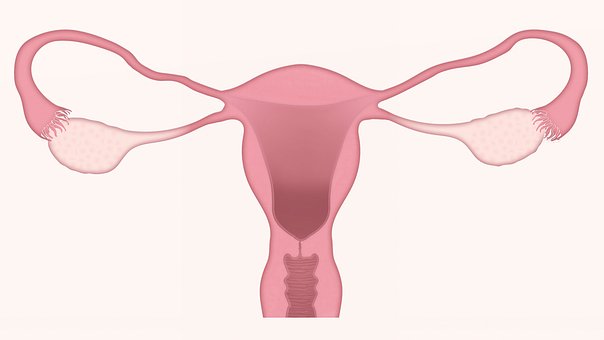Heavy Menstrual bleeding causes a serious loss of energy
Many women develop heavy and irregular bleeding in the years before menopause because estrogen dominance causes the lining of the uterus to overgrow. Emotional stress of all kinds can make this worse. Instead of the normal monthly buildup and shedding of the uterine lining, too much endometrial tissue builds up and then breaks down in a disordered way that results in spotting or irregular heavy bleeding.
What do I mean by heavy bleeding? Many women experience a heavier flow on the first or second day of their periods, which slows them down a bit, but this is normal. What is not normal is if your bleeding prevents you from leaving the house or having to change your life when you are bleeding, or if you’ve been diagnosed with iron deficiency anemia, There is also the case of massive blood rushes, especially upon rising from bed or sitting and almost constant pad changing.
Questions also to ask oneself is a I leaking my life’s blood into a dead-end job or relationship? Am I giving more than I’m receiving in return? Is someone or something draining my energy? Take some time alone to find the answers.
Physical Causes of Heavy Periods
Hormonal imbalance and physical conditions may impede the normal uterine contractions that help stop menstrual blood flow each month. Fibroid tumors are the most common physical reason for excessive bleeding. Whether or not a fibroid causes bleeding depends upon its location in the uterine wall. Bleeding is most often caused by submucosal fibroids, which are located right under the endometrium, the mucous membrane that lines the uterus.
Adenomyosis is another condition that can cause heavy bleeding. Adenomyosis results when the endometrial glands that line the uterus grow into the uterine muscle (the myometrium). When this happens, little lakes of blood form in the uterine wall that do not drain during menstruation. Over time, the uterus enlarges and becomes boggy, spongy, and engorged with blood, disrupting the normal uterine contraction patterns.
Since both fibroids and adenomyosis are associated with excess estrogen, minimal progesterone, too much prostaglandin F2-alpha, and frequently too much insulin, hormonal and physical factors are often present at the same time. Getting to the root cause of your heavy bleeding requires that you look all the factors at play: emotional, lifestyle, physical, hormonal, and, of course, your thoughts.
There are a number of Integrative Doctors and Emotional Healers near you, please call Jessica for more information.

